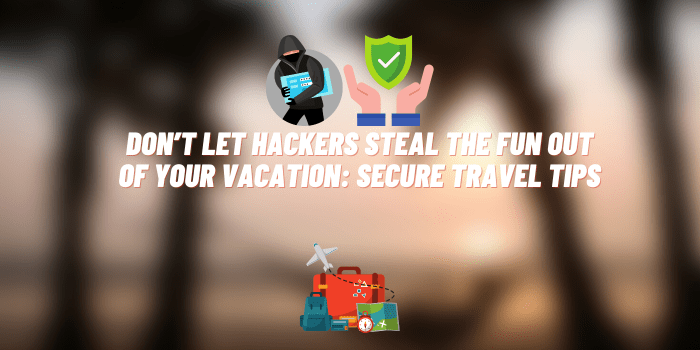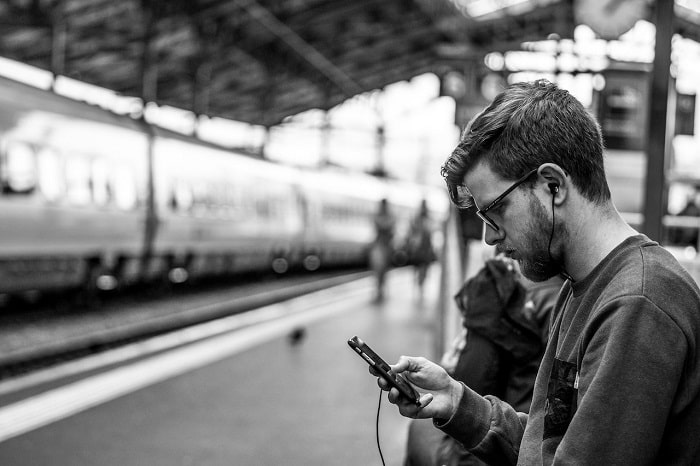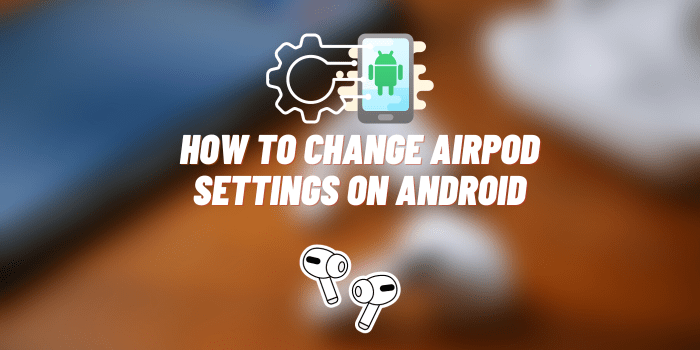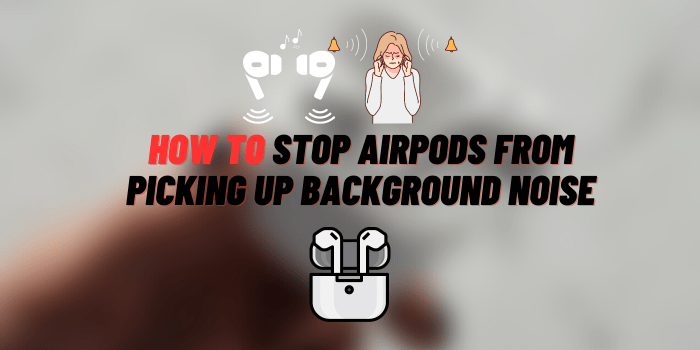Don’t Let Hackers Steal the Fun out of Your Vacation: Secure Travel Tips
A well-deserved vacation is a time to unwind and experience something new. Even so, it’s not an excuse to stop being vigilant about your cybersecurity. After all, carefree tourists are prime targets for all manner of scams and tricks, virtual ones notwithstanding.
This article contains six cybersecurity tips you should follow while traveling. They’re easy to abide by without cramping your style while soaking up the sun.
Travel Lightly

Electronically, that is! Bring as few connectable devices as possible, and use those you bring sparingly. It’s a vacation, after all. Doing so will minimize the chances of theft and help you relax since you’ll have fewer belongings to keep an eye on.
Remove any identifiable information from the devices you bring. That includes info like your name or SSN, credit card numbers, stored passwords, or anything else a thief could use to get access to your accounts.
When out in public, don’t use your devices in a way that exposes information on the screen to onlookers. Screen protectors are a good idea if such use is unavoidable.
Use Strong Passwords and 2FA
Passwords are the first line of your account defense. While they can be effective, a careless attitude towards them can prove disastrous. Disable password autofill on all devices before traveling. Give your passwords a once-over and replace old or similar ones with password manager.
Biometrics aren’t flawless, but they add another security layer thieves and hackers need to get through. Even your 4-digit lock screen PIN can deter inexperienced crooks. Also, be sure to set up two-factor authentication so that a stolen password becomes insufficient to access your accounts.
Update your OS and Security Software

Unpatched operating system vulnerabilities are among cybercriminals’ main attack vectors. Keeping them and dedicated antivirus/antimalware software updated is a must. Updates usually roll out automatically, but checking and downloading any you’ve missed before departing doesn’t hurt.
Avoid Public Wi-Fi and USB Chargers
Cafés, ice cream parlors, bookstores, and other hotspots attract tourists with free Wi-Fi. Such networks have lax security, allowing hackers to monitor and intercept any data you send and receive while connected. Avoid such networks unless you have a VPN.
Even then, it’s best not to make any online purchases or visit sites that require your account details. Disable the auto-reconnect feature if you use Wi-Fi this way to avoid accidentally reconnecting to it later. If you have to connect at some point to check in with work, do so with a VPN and through a mobile Wi-Fi hotspot.
Public charging stations might seem harmless, but they are also potential sources of danger. Connecting to one can automatically download malicious software onto your device, potentially infecting or hijacking it. Charge everything up fully before leaving, and bring a powerbank to keep your batteries charged.
Watch Your Social Media Use

Bragging about a long-awaited vacation is an understandable guilty pleasure but has risks. However, know that the information shared online with social media platforms is being saved into information databases, which are then sold to larger companies that need your data. Luckily, you can use apps like Incogni to eliminate your personally identifiable information lurking on the Internet.
Additionally, never post live updates of your location; wait until you get home to share your vacation pics. While at it, consider making your social media private so only trusted contacts can view your content.
Back-Up and Encrypt Your Data
Finally, not having any data worth stealing is the best you can do to safeguard it. The second best is to assume that your phone or laptop may get stolen and have a contingency plan. Such a plan involves having encrypted backups of your data either on separate physical media like a USB stick or through cloud storage.
Conclusion
Some common sense and preparation go a long way toward making your vacations safer and more enjoyable. Prepare adequately beforehand and enjoy some guilt-free R&R the responsible way.






